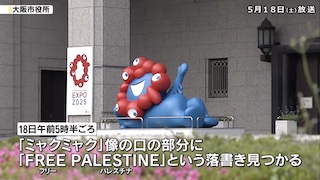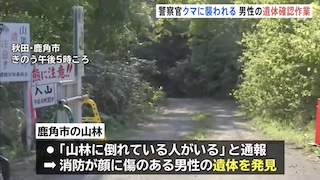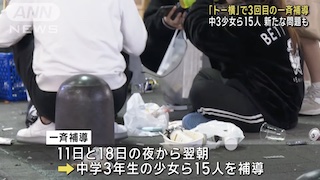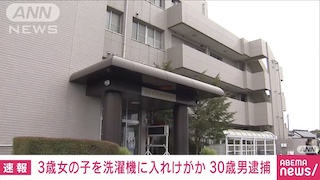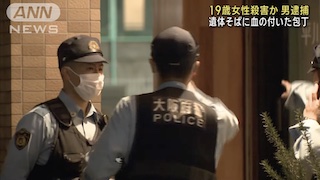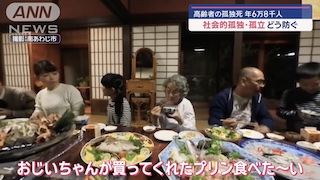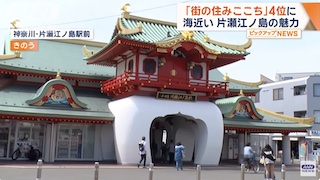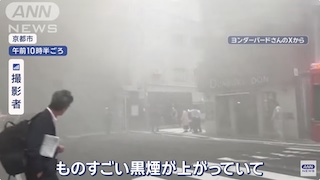Dec 13 (newsonjapan.com) - In the world of gambling entertainment, there are stories that can capture the imagination.
Among them is the fascinating account of how the Japanese mafia, known as the Yakuza, controlled underground casinos in the past. In this article, we will cast a glance at the amazing moments of this era, uncover the mysteries and dive into a world of gambling adventure where the past and online casinos merge in the same stream. And if you are looking for eu casinos that accept uk players, we will also tell you where to find the best offers and bonuses.
Yakuza influence on casinos in Japan
The Yakuza is a traditional form of organised crime in Japan, which originated in the 17th century and holds a leading position in the country's criminal underworld. Yakuza members are also known as "gokudo", which means "extreme way". The Yakuza is based on the values of the patriarchal family, the principles of unquestioning obedience to the boss and strict adherence to a set of rules, the violation of which is punishable by imminent punishment.
Gambling is illegal in Japan, with the exception of certain types of lotteries and sports betting. However, that doesn't stop gambling enthusiasts from seeking to satisfy their passion in underground casinos. This is where the Yakuza comes into play and establishes its power in the world of gambling in Japan. Yakuza controls most of the underground casinos that are located in ordinary flats, hotels, restaurants or even temples. Yakuza provides security, maintenance and mediation between players and casinos. In addition, the Yakuza receives a significant portion of the profits from the casinos, which goes to fund other criminal activities.
The Yakuza uses various methods to control casinos such as bribes, threats, and infiltration. The Yakuza pays bribes to police, politicians, and officials to turn a blind eye to illegal casino activities or to warn of possible raids. The Yakuza also threatens or rapes casino owners who are unwilling to co-operate or pay tribute. The Yakuza also embeds its people in casinos who can manipulate the results of games, cheat or blackmail players, or gather information on competitors.
Secret deals and underground schemes
The Yakuza not only controlled the casinos, but also made secret deals with them using underground schemes. These schemes allowed the Yakuza to ensure their influence over the gambling industry and remain invisible to the authorities and the public.
One such scheme was the pahanato. Pahanato was a system in which the Yakuza provided casinos with slot machines and in return received a portion of the proceeds. The Yakuza also provided the casino with protection from competitors and the police. Pahanato was beneficial to both parties, as the yakuza received a steady income and the casino reduced its costs and risks. Pahanato was widespread in Japan from the 1960s to the 1990s, when it was outlawed.
Another scheme is sokaya. Sokaya is a type of extortion in which the yakuza demanded money from casinos in exchange for keeping quiet about their illegal activities. The yakuza could threaten the casino with exposure, scandals, lawsuits, or physical violence. Sokaya was particularly effective against casinos that were trying to legalise or obtain a licence. The Sokaya also allowed the Yakuza to obtain inside information about casinos and use it for their own purposes. Sokaya continues to exist in Japan to this day, despite stricter laws.
Yakuza and current trends
Over time, the yakuza's influence on casinos in Japan has changed. Changes in laws, public opinion and technology have affected the way gambling in Japan is developed and regulated.
One of the major changes is the legalisation of casinos in Japan, which happened in 2018. The Japanese government passed a law that authorises the construction and operation of casino-integrated resorts (IRs), which will include not only casinos but also hotels, restaurants, shops, conference rooms and other entertainment facilities. The aim of this law is to attract foreign tourists, increase revenues and create new jobs. The government plans to issue three licences to build IRs in three different regions of Japan. The first IRs are expected to open in 2025.
This change represents both a threat and an opportunity for the yakuza. On the one hand, the yakuza is losing its control over underground casinos, which are becoming less sought after and competitive. The yakuza also faces increased scrutiny and oversight by the authorities, who seek to prevent the yakuza from infiltrating the legal gambling industry. On the other hand, the yakuza see in the legalisation of casinos new opportunities for making money and influence. The yakuza may try to influence the process of selecting venues and operators for IR by using their connections, bribes or blackmail.
Another important change is the development of online casinos, which are becoming increasingly popular among gambling enthusiasts. Online casinos offer a wide range of games, convenience, anonymity and accessibility. Online casinos also allow you to play anytime and anywhere using smartphones, tablets or computers.
Conclusion
Online casinos also represent both a threat and an opportunity for the Yakuza. On the one hand, the yakuza loses its customers who prefer to play at online casinos rather than risk their safety and legitimacy at underground casinos. The yakuza also faces competition from other criminal groups who can operate or hack into online casinos. On the other hand, the Yakuza sees online casinos as new opportunities for making money and influence.
Although the era of underground casinos is a thing of the past, its influence continues to live on in the gambling culture.




